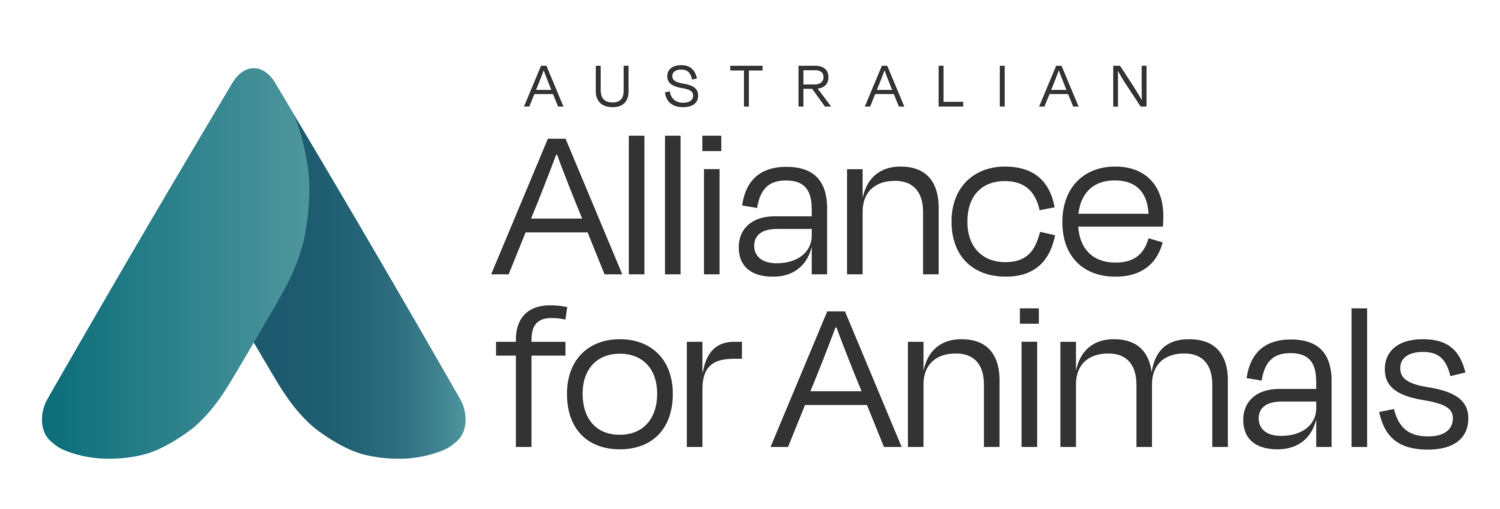It’s time for a duck shooting ban in Victoria
Victoria is one of just a few Australian states still allowing the cruel and outdated practice of recreational duck shooting, which has already been banned in NSW, WA and Queensland. However, fortunately a new Victorian parliamentary inquiry on duck shooting is currently calling for public submissions on the economic, social and environmental impact of duck shooting in the state. Now is the time to have your say, and help bring an end to the shooting of Victoria’s native waterbirds once and for all.
Banned in other states
Recreational duck shooting is banned in NSW, WA and Queensland in recognition of the inevitable and unavoidable cruelty associated with the practice. Meanwhile, South Australia, Tasmania and Victoria continue to allow the shooting of native waterbirds despite decades of opposition from Australians concerned by its significant animal welfare and environmental impacts. In Victoria, over 320,000 ducks were killed during the 2022 duck shooting season alone, a figure which doesn’t include those wounded or left to die. RSPCA Victoria estimates that anywhere between 15,700 - 105,000 ducks could have been wounded during the 2022 season.
Inherent cruelty
Shooting ducks with shotguns creates inevitable suffering. As shotguns shoot a spray of pellets at birds from a distance, they are not capable of precisely targeting the vital organs of all birds to ensure a fast and humane death. Accordingly, it is unsurprising that almost a quarter of ducks are estimated to be wounded and not killed outright, with the RSPCA stating that the ‘figure could be as high as one third’.
Wounded birds are either retrieved by the shooter’s dogs and killed by the shooter (with varying degrees of humane treatment), or left to die from their painful injuries. Those that do survive, will often live out their lives with pellets embedded in their bodies.
Conservation impacts
In addition to the shooting of permitted duck species, shooters often incidentally kill protected and sometimes endangered duck species. Although Victorian shooters are required to pass a ‘Waterfowl Identification Test’ to prevent the targeting of non-game waterfowl, every duck shooting season prohibited species are still wounded and killed. Given that the populations of numerous ‘game’ duck species are in long term decline, it is highly concerning that the Victorian Government is allowing this practice to continue.
Inadequate compliance and monitoring
The laws and regulations in place to protect the welfare of native waterbirds in Victoria have been consistently undermined by inadequate shooter compliance and government monitoring. In 2017, the authority charged with regulating duck shooting (Game Management Authority - GMA) commissioned an independent assessment of the effectiveness of its compliance and enforcement regime. The report found that the GMA had not been able to effectively fulfil its responsibilities and that non-compliance with the game-hunting laws was “commonplace and widespread”. Although the GMA has implemented many of the assessment’s recommendations for improvement, reports of non-compliance by Victorian duck shooters continue to surface every year.
A ban in Victoria is well overdue
Research has consistently shown that not only do a majority of Victorians oppose recreational duck shooting, but duck shooters are in decline across the state. In 2022, it is estimated that only just over 11,000 shooters participated in the season, representing a mere 0.17% of the Victorian population. Duck shooting benefits this small proportion of people to the detriment of the majority of Victorians and the broader regional economy. Wetlands tourism is a far more profitable alternative, and has tangible benefits for improving wetlands conservation and endangered species protection.
How you can help
We have never before been so close to an end to duck shooting in Victoria. Now is your chance to raise your voice in support of a ban to this cruel and unnecessary practice.
Submissions are open until 8 May 2023, and can be submitted via the e-submission form or in written/email format. For tips on how to make your submission count, visit the guide from Alliance core member Animals Australia here.
Want to learn more about our work?
Photos sourced from: Jo-Anne McArthur We Animals Media.


